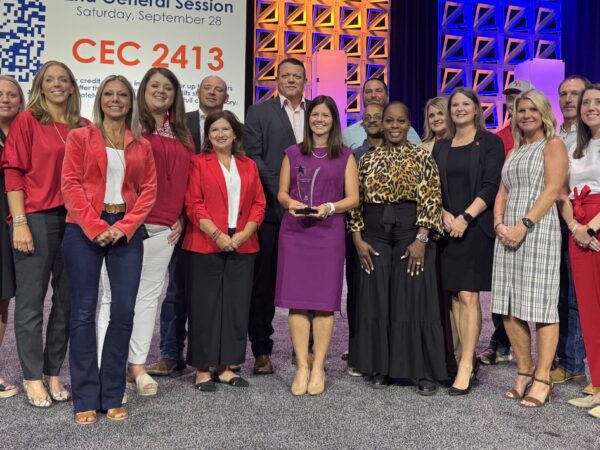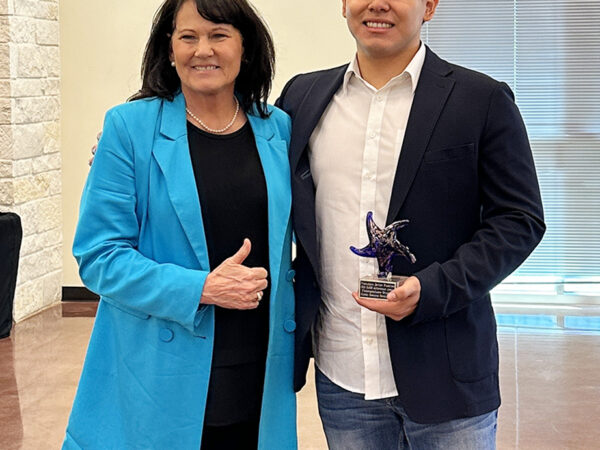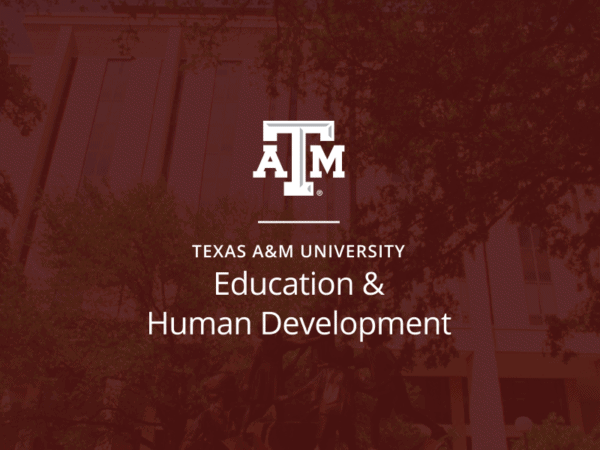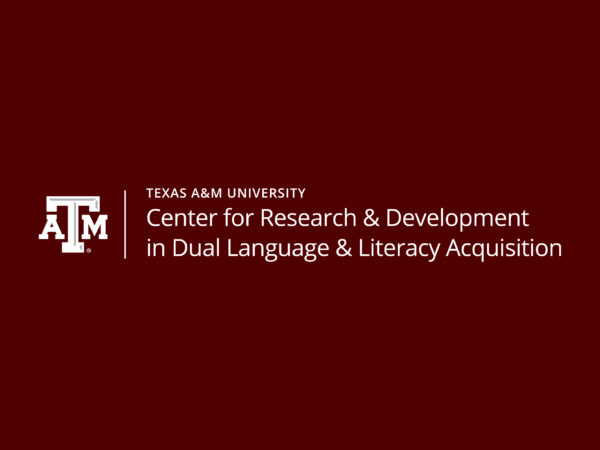Adult Learning Principles: Increasing Employee Training Effectiveness
If you want employees to learn and retain information in workplace trainings, focus less on the training itself and more on the needs of the employee.
Dr. Khalil Dirani, associate professor of adult education, says workplace trainers should consider five adult learning principles related to employee needs for the training to be effective: autonomy, motivation, meaningfulness, support and mastery.
“If adult learning principles are used and we help employees learn how they learn best, productivity, retention and satisfaction will go up,” Dr. Dirani said.
Dr. Dirani expresses the importance of understanding an audience and tailoring trainings rather than implementing cookie cutter type workshops. Examining trainee needs is key in administering effective workplace training.
“If you want to help employees be better at something or solve an issue about diversity or teamwork, for example, you need to make sure that that’s the problem. You collect data and talk to people to make sure you are capturing what they really need,” Dr. Dirani said.
LEARNING PRINCIPLES
Dr. Dirani said the more autonomy employees have, the more successful they are in learning and solving problems in trainings. While children are fueled to learn by incentives, like grades, deadlines and prizes, adults are more likely to learn when they have freedoms, such as time and ownership.
Adults deal with real life problems. They are motivated to find solutions because it affects their daily lives. Dr. Dirani advises trainers and supervisors to poll their employees on what motivates them before implementing what they think their employees are driven by.
“Kids don’t understand the idea of learning for the sake of learning, but when I have a problem and I need to solve or learn about it, I am motivated to invest lots of time to do that,” Dr. Dirani said.
Meaningfulness and mastery are two adult learning principles that also affect the success of training. If trainees do not have a level of mastery in a subject or place meaning in the subject matter, the training will not hold interest and therefore will not be reflected in an employee’s daily work.
“The problem should be meaningful to me. If you tell me, ‘I want you to help some farmers with planting trees.’ I love trees, I love farmers, but I don’t have the mastery and the motivation to do it, so it’s not meaningful to me,” Dr. Dirani said.
Trainer and supervisor support, through encouragement or resources, facilitates trainees to learn. Dr. Dirani notes the support he receives from his department head makes his job enjoyable and encourages productivity.
OTHER CONSIDERATIONS
Dr. Dirani’s research also focuses on differences between training in the United States and the Middle East. He stresses the importance of taking demographic factors, like age, gender and cultural norms, into consideration.
Training activities involving pairing males and females to act as mentor and mentee would be perfectly appropriate in the states, however, this training exercise would be ineffective in other regions due to cultural differences.
Dr. Dirani said examining your audience is crucial to the success of workplace trainings. If trainers implement standard training for every employee, company money is wasted.
“There is so much money wasted on training, and not much transfer to the workplace,” Dr. Dirani says. “There is an estimate that for every $100 you spend on training, only about $15 of it is retained after a year.”
See Dr. Dirani’s 2017 Voices of Impact presentation on adult learning principles here.
About the Writer
Heather is responsible for news coverage in the Department of Health and Kinesiology, as well as the Department of Educational Administration and Human Resource Development.
Articles by HeatherFor media inquiries, contact our Media Relations Coordinator, Ashley Green
Fundraising
To learn more about how you can assist in fundraising, contact Amy Hurley, Director of Development ahurley@txamfoundation.com or 979-847-9455














